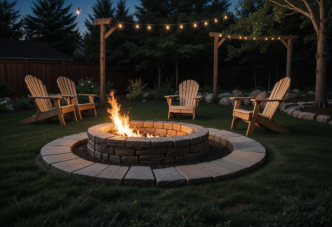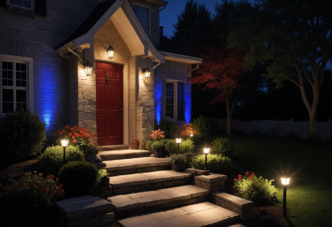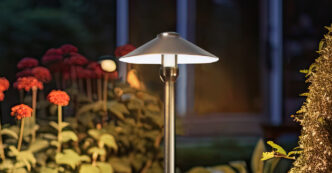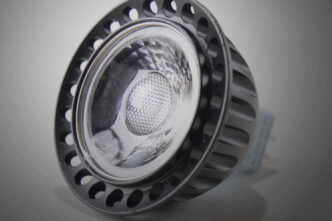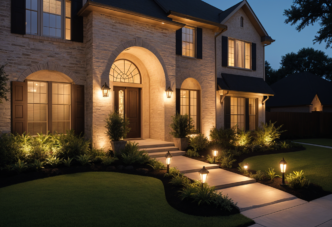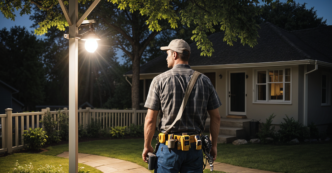LED Lighting is one of the fastest-spreading industries in the world. Invented nearly 100 years ago, LED (light-emitting diode) lights have blossomed into the all-the-rage light source in hospitals, schools, offices, and residences, gradually phasing out incandescent, halogen, and fluorescent lighting systems. Fully understanding the science behind LEDs might demand an engineering degree, but these 6 benefits are enough to justify why contractors and electricians are smartly boarding the LED bandwagon.
1. LED Lights are More Cost-Effective
LED lights have a higher price tag than their standard lighting counterparts, so why do the lion’s share of contractors and electricians opt for LED installations instead of incandescent, halogen, or CFL? It’s the same reason why they presumably wouldn’t purchase a plywood boat over a fiberglass one—plywood might be a lighter upfront cost, but it’s not a great long-term investment.
It’s not a secret that installing LEDs can save clients a pretty penny over time. Lighting contributes to as much as 15% of the average home’s electricity consumption, with the average household saving about $225 on annual energy costs from LED.
2. LED Lights are Environmentally Friendly
The environmental benefits of LED lightbulbs are a ripple effect of LED bulbs using between 80% and 90% less energy than conventional bulbs. Less energy means that fewer greenhouse gas emissions are generated, which dramatically impacts global warming. Since LED lights use less energy, they can last 35,000 to 40,000 hours or more, which is roughly 15 to 20 years. Read on to see another reason why it [literally] pays to respect Mother Nature.
3. LED Lights Earn Energy-Efficient Government Rebates
Unless you are a lighting industry insider, you might not be aware that the government is pretty invested in monetarily rewarding businesses for implementing more sustainable lighting. Incentives at the federal, state, and local levels have been devised to encourage electricians, contractors, and companies to implement energy-efficient lighting initiatives. These government-backed incentives can help a business offset the costs of having LED systems installed, meaning the slightly hiked initial LED cost presents less of a financial impact to the degree that it makes the long-term savings a win-win.
4. LED Lights are Safer
Outdoor lighting ultimately serves two primary purposes: aesthetics and safety. Using incandescent, CFL, or halogen lights to solve a client’s lack of outdoor safety is virtually redundant. The heat that incandescent lights produce can be a greater safety risk than having no outdoor lighting at all. LEDs emit very little heat in comparison, making them safe in the event of grazing against them and circumventing fire hazards.
Light Insight: According to Take Control & Save, 90% of the energy an incandescent bulb uses produces heat while only 10% produces light.
5. LED Lights are Not Affected by Frequent Switching
Have you ever been around a hyperactive child—or most any child for that matter—who just won’t quit flipping the light switch repeatedly on and off? While LEDs aren’t equipped to make that experience less irritating, it might be soul-soothing to know that frequent switching has no bearing on an LED bulb’s lifespan.
6. LED Lights Provide More Flexibility
LEDs can pack quite the punch in their comparatively modest physiques, proving that David can still conquer Goliath. The small size of the LED diode allows for greater design flexibility and creativity as they can adapt to a wider variety of lighting applications. LEDs supply more opportunity to place light in areas that were troublesome with their incandescent and halogen counterparts.
If you still have concerns regarding LEDs or LED-integrated products, don’t feel like you’ve lost your touch. Constant advancements in the outdoor lighting sector warrant these quick reads to keep those in the industry abreast of new challenges and developments lighting professionals routinely face. Contact our expert customer service team today with any questions; they’ll be more than happy to shed light on the matter.
